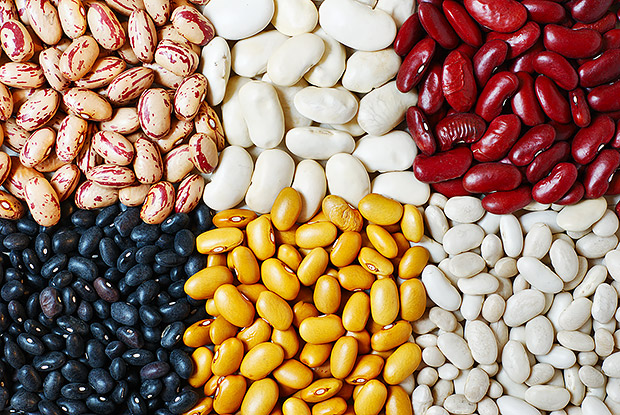
Protein is necessary to help the body make new cells and to repair cell damage. While protein requirements increase during times of growth and development (youth and pregnancy), protein is also important during other times of physical change, such as weight loss and bodybuilding.
Protein Needs for Adults
While the body stores fats and carbohydrates, there is no such reserve for proteins. Consequently, you should meet your protein needs each day.
Adequate Daily Protein (g) Per Pound of Lean Body Weight
| Category | Adequate Intake (g/lb) |
|---|---|
| Adult | 0.35 |
| Vegetarian Adult | 0.4 |
| Endurance & Strength-training Athletes | 0.5 - 0.8 |
| Vegetarian Endurance & Strength-training Athletes | 0.55 - 0.88 |
Example: Non-vegetarian adult with 150 lbs. of lean body weight
150 lbs x 0.35 = 52.5 grams of protein per day
Quality Protein Sources
Good sources of protein include nuts, beans, meat, soy, dairy, and eggs.
Foods that contain all 20 amino acids are called complete proteins, while those missing amino acids are referred to as incomplete proteins. When incomplete proteins are combined to provide all 20 amino acids, they are called complementary proteins.
Complete Protein Examples
- Animal-based foods (including meat, dairy, and eggs)
- Quinoa
- Soy (including tofu and tempeh)
- Buckwheat
Complementary Protein Examples
- Bread and peanut butter
- Rice and beans
- Ezekiel bread (wheat, barley, beans, lentils, millet, and spelt)
Vegan diets are often low in the essential amino acids methionine and lysine. Vegans can meet their methionine needs by eating brazil nuts, hemp seeds, oats, and sesame seeds; and they can reach their lysine goals by eating tempeh, seitan, lentils, and black beans.
Additional Resources
To learn more about protein or other nutrients, please visit our Nutrient Resources.
Sources



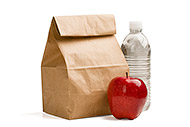 3 Healthy Lunches for Your Work Week
3 Healthy Lunches for Your Work Week
 5 Tips for Stretching Your Budget for Healthy Food
5 Tips for Stretching Your Budget for Healthy Food
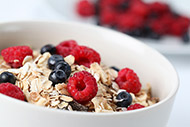 Best Ways to Reduce Added Sugar
Best Ways to Reduce Added Sugar
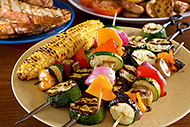 Healthy Tips to Lighten Up Picnic Foods
Healthy Tips to Lighten Up Picnic Foods
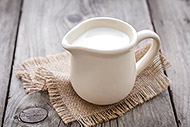 Do You Need to Drink Milk?
Do You Need to Drink Milk?
 Tips to Keep Track of Water Intake
Tips to Keep Track of Water Intake
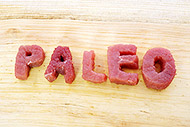 What Is a Paleo Diet?
What Is a Paleo Diet?
 Eating to Build Muscle
Eating to Build Muscle

 Pinterest
Pinterest RSS Feed
RSS Feed